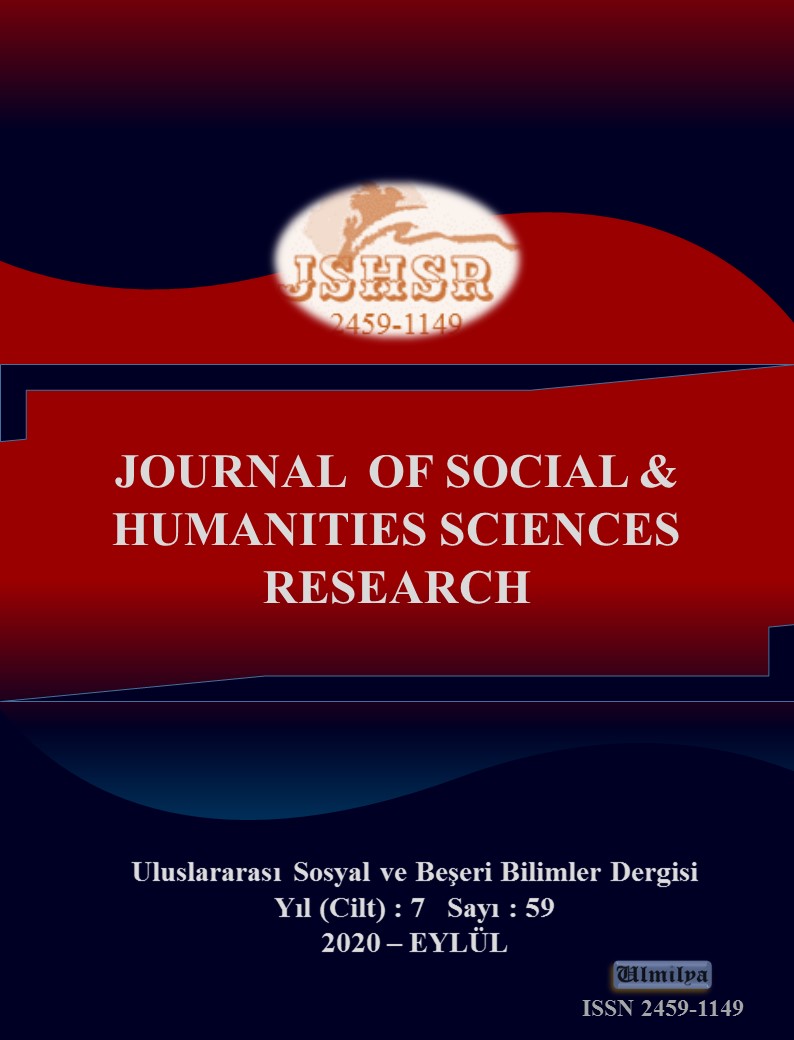ATTITUDES OF GIFTED STUDENTS FOR THE MATHEMATICS COURSE, ACADEMIC SELF-EFFICACY AND SELF-CONCEPTS
DOI:
https://doi.org/10.26450/jshsr.2054Keywords:
Gifted Student, Mathematics, Attitude, Academic Self-Efficacy, Self-ConceptAbstract
The aim of this study is to examine whether gifted students' attitudes towards mathematics course, as well as their academic
self-efficacy and self-perception levels, differ according to gender, grade level and learning styles. In this study, in which the
study group was composed of 91 gifted students, descriptive scanning model was preferred. Mathematics attitude scale,
academic self-efficacy scale, Piers-Harris self-concept scale for children and Kolb learning styles scale were used as data
collection tools. T-test and Kruskal Wallis H test were used to analyze the data. It was seen from the results that female students
had higher mathematical attitudes than male students and fifth grade students than fourth grade students. Students with
embedded, assimilating and changing learning styles have higher attitudes towards mathematics lesson than students with
diverging learning styles. The academic self-efficacy and self-perception levels of gifted students do not change according to
their learning styles. It has been observed that male students have higher academic self-efficacy levels than female students
and fifth grade students than fourth grade students. Self-perception levels of female students are higher than male students and
fourth grade students than fifth grade students.
Downloads
Published
How to Cite
Issue
Section
License
Copyright (c) 2020 INTERNATIONAL JOURNAL OF SOCIAL HUMANITIES SCIENCES RESEARCH

This work is licensed under a Creative Commons Attribution 4.0 International License.


